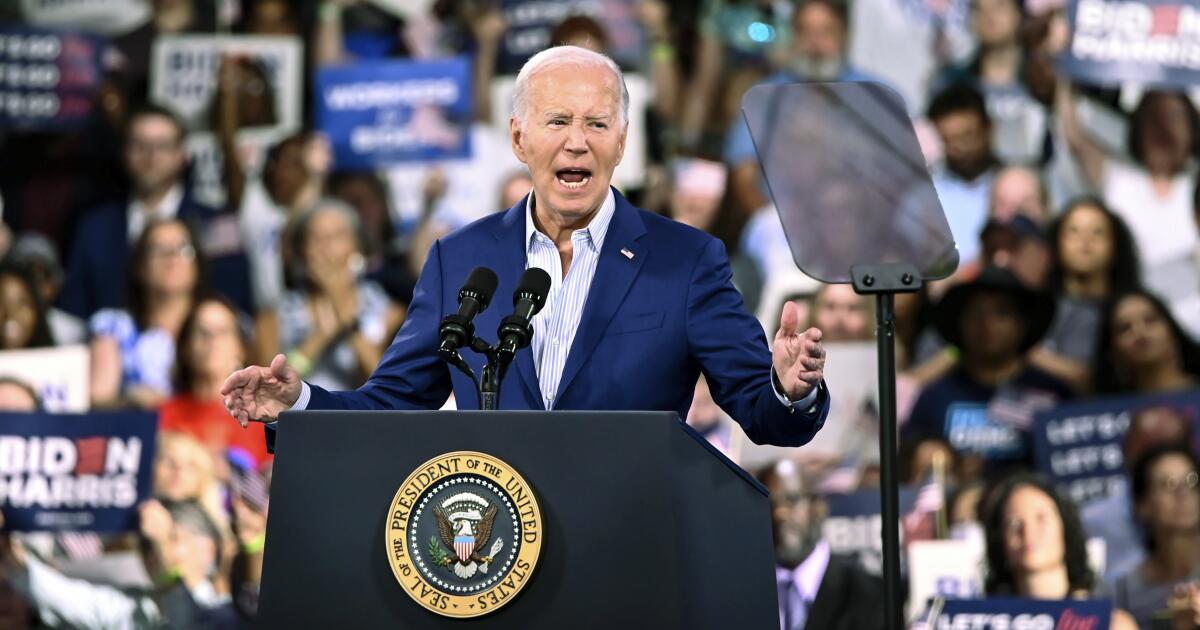Nigeria loses power and major airports close as unions demand a more than 1,500% increase in the minimum wage amid record inflation.
Nigeria's main unions shut down the national power grid and disrupted flights across the country as they went on an indefinite strike over the government's failure to agree on a new minimum wage.
The strike is the fourth undertaken by the Nigerian Labor Congress (NLC) and the Trade Union Congress (TUC), two of the country's largest trade union federations, since President Bola Tinubu took office last year.
The Transmission Company of Nigeria (TCN) said on Monday that union members expelled operators from power control rooms and closed at least six substations, ultimately shutting down the national grid at 2:19 a.m. (01 :19 GMT).
Nigerian airline Ibom Air said it would suspend flights until further notice because of the strike, while another, United Nigeria, said airports across the country had been closed and striking workers had not allowed any of its flights to operate.
The electrical and aviation unions said in a statement that they had ordered their members to withdraw their services in compliance with the indefinite strike.
“We demand a living wage,” the NLC said in X. Both it and the TUC represent hundreds of thousands of government workers in key sectors.
The unions want the current monthly minimum wage of 30,000 naira ($20) to be increased to almost 500,000 naira ($336). The government has offered 60,000 naira ($40).
The unions' demand would increase the government's wage bill by 9.5 trillion naira ($6.3 billion), which is capable of “destabilizing the economy,” Information Minister Mohammed Idris said.
Since taking office, Tinubu has embarked on reforms that have boosted inflation to a nearly 30-year high and worsened a cost-of-living crisis in Africa's most populous nation.
It has been under pressure from unions to offer aid to households and small businesses after eliminating gasoline subsidies, which previously kept fuel cheap but cost the government $10 billion a year.
Unions declared an indefinite strike on Friday after talks over a new minimum wage collapsed. They said the strike would last until a new minimum wage was established.
The TCN said it was making an effort to recover and stabilize the national network, but unions were obstructing network recovery across the country.
Unions have also demanded to reverse an increase in electricity rates that took effect last month for the wealthiest consumers who use the most energy as the government tries to withdraw subsidies from the economy.












